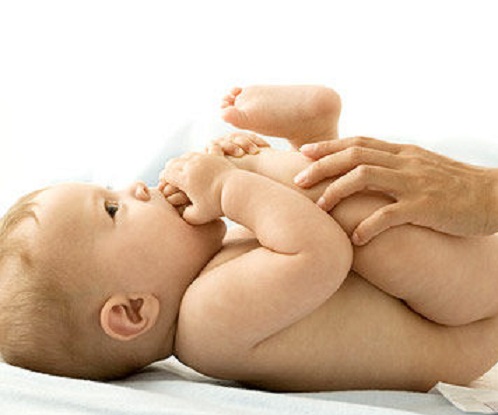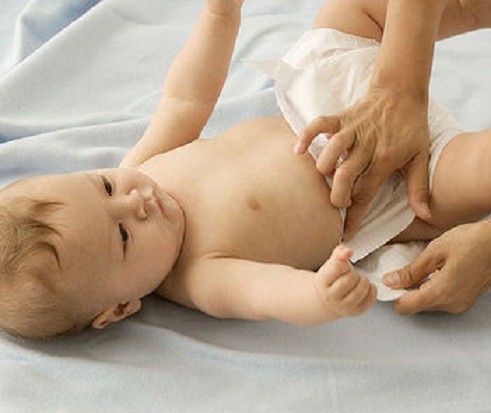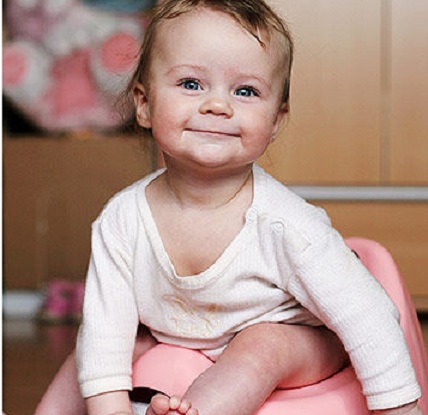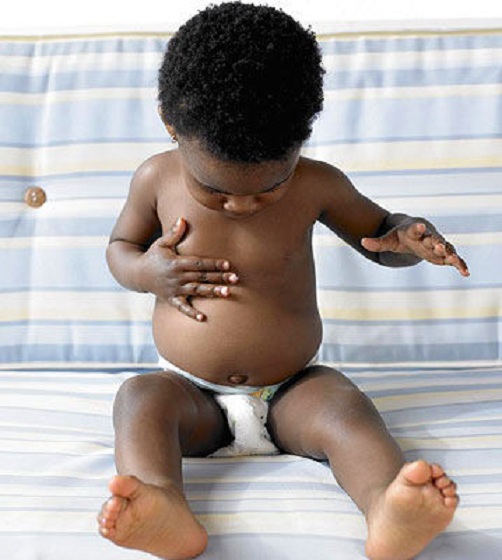
New research suggests menstruation doesn’t change how a woman’s brain works.
The idea that a woman who is menstruating isn’t operating at her cognitive best is hardly a new one. Plenty of (pretty ropey) studies have indicated that it can change fundamental thought patterns.
But robust new research published in Frontiers in Behavioral Neuroscience has dealt that idea a significant blow. A team of researchers enlisted 68 women and tested three major aspects of cognitive function across two menstrual cycles, finding they were not affected by changes in levels of oestrogen, progesterone and testosterone.
While some hormones were associated with changes over one cycle, the effects didn’t repeat in the following cycle. Basically, none of the hormones had any replicable, consistent effect on study participants’ cognition.
Leading the research was Professor Brigitte Leeners, a psychotherapist and specialist in reproductive medicine. Dealing with many women who have the impression the menstrual cycle influences their well-being and cognitive performance, Leeners both wondered about the anecdotal evidence and questioned the methodology of many existing studies on the subject.
To gain some better insights, Leeners and her team utilised a much larger sample than in the past, and decided to follow women across two consecutive menstrual cycles.
Operating out of the Medical School of Hannover and University Hospital Zürich, 68 women were enlisted in the study and underwent detailed monitoring to investigate changes in three selected cognitive processes at different stages in two separate menstrual cycles. The research team looked for both differences in performance between individuals and changes in individuals’ performance over time. They couldn’t find any.
“The hormonal changes related to the menstrual cycle do not show any association with cognitive performance,” Leeners said in a news release. “Women’s cognitive performance is in general not disturbed by hormonal changes occurring with the menstrual cycle.”
The next step in the research is to enlist larger samples and more sub-samples of subjects. But for now, this is a pretty big stigma-buster. Or you would think. Giving an indication of just how loaded this topic is, witness two different approaches to covering it: ‘Why moody women can’t blame the time of the month’ is the Daily Mail’s SEO title for their story; while the International Business Times has the much more obvious (and even handed), “Myth busted: Women are just as clear and rational on their period.”
So maybe don’t expect this one to be put to bed any time soon.







